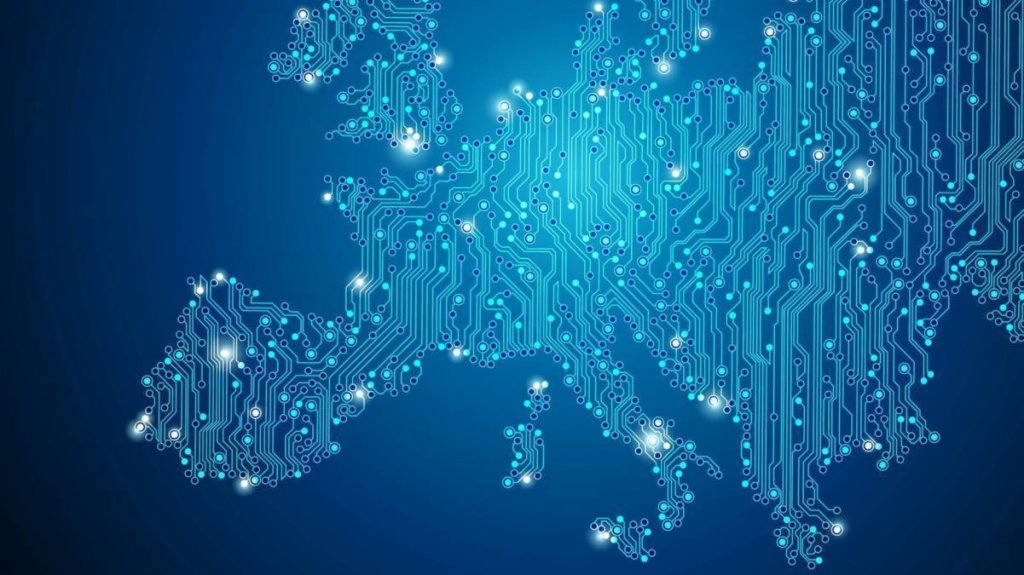All the political problems of the digital transition

Will democracy be able to resist cyber interference? The post by Marco Emanuele, author of the Globaleye blog
Alexandra Kelley, for Nextgov , describes the complexity of the digital transformation journey, particularly in the USA.
The reflection is interesting because digital transformation is, together with the ecological transition, a pillar of post-pandemic recovery (and, as we see every day, these are processes of great impact both from a social and economic-financial point of view).
The reflection is also interesting because the issue of digitalization of public services focuses on the relationship between democracy / state organization and technology: they can improve the quality of democracy and the efficiency of the state (at central and peripheral level) through processes of digitization? I am not a technician on these questions but, from the point of view of political philosophy, we are immersed in a moment of change (think of all the work of the philosopher Luciano Floridi).
Kelley writes on the importance of putting customer needs / experiences at the center and starting participation paths to enhance them (President Biden recalled this in December 2021 in the Executive Order on Transforming Federal Customer Experience and Service Delivery to Rebuild Trust in Government ) . Recovering the trust of citizens is crucial! The big game, also through digitization, is to move from the bureaucratic state to the democratic state.
Preliminary to all this, however, the reality of territorial inequalities in terms of infrastructural availability for access to the network must be overcome, and also applies to Italy: this is a decisive point in recovery policies at a global level. . The goal of social cohesion includes territorial cohesion. Nowadays, in the digital age, the excluded are paying too high and unsustainable a price in modern democracies. In Italy there is a PNRR that seems to struggle to get started; yet, as Marco Mayer notes on Startmag , the challenge is more important than that of the Quirinale, certainly important.
Two further elements. The first concerns the importance and delicacy of data processing and governance: on this issue there is still a lot to do because state organizations are still too far behind in maturing a dynamic approach and adequate safeguards (even in the presence of important legal entities both in the USA and in Europe).
The second, decisive element concerns the ability of democracies to resist the unavoidable external influences / interference (China and Russia, to mention names and surnames): digitization, in the cyber world, is a planetary process and, with all due respect to those who believe on the contrary, it does not look to borders. Will we be able, challenge in the challenge, to rewrite and apply true (and resilient …) democratic sovereignties (“realistically” open societies) in place of anti-historical sovereignties?
Finally, the need for an ancient but always current word returns: politics.
This is a machine translation from Italian language of a post published on Start Magazine at the URL https://www.startmag.it/innovazione/transizione-digitale-politica/ on Thu, 20 Jan 2022 07:00:03 +0000.
